Decorative Aluminum is designed to enhance the aesthetics of various applications. They are commonly used in both indoor and outdoor architectural projects, as well as decorative accents for furniture, signage, and other creative uses.
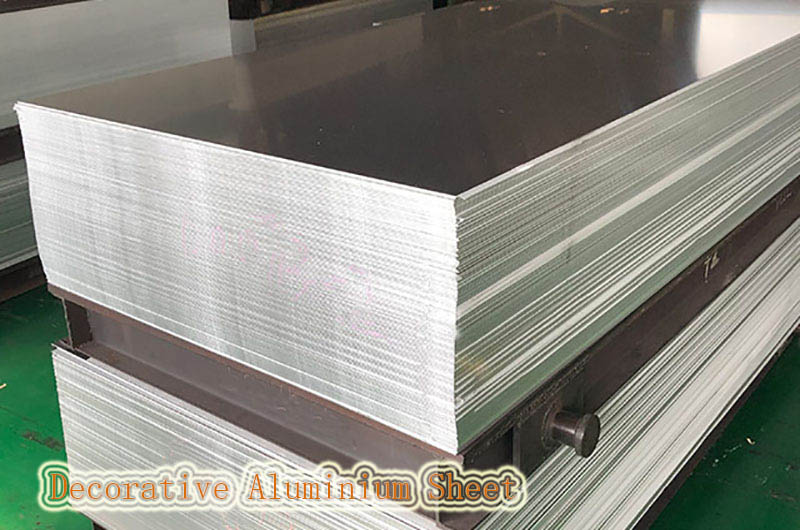
The commonly used alloys of Decorative Aluminum Metal are 3003 and 5052. Decorative Aluminum Metal is often used in the form of plates in daily life, but Decorative Aluminum has many forms:
- Decorative Aluminum Sheet
- Decorative Aluminum Mesh
- Decorative Aluminum Strips
- Decorative Aluminum Wire
Advantages of Decorative Aluminum Sheet
- Durability: Aluminum is known for its durability and corrosion resistance. Decorative aluminum panels are usually made of high-quality aluminum alloys that can withstand a variety of environmental conditions and are suitable for both indoor and outdoor applications.
- Lightweight: Aluminum is a lightweight material that makes decorative aluminum panels easy to handle and install. This feature is particularly advantageous in applications where weight is a concern, such as mobile structures or suspended ceilings.
- Maintenance: The maintenance cost of decorative aluminum panels is relatively low. They resist stains, scratches and fading, and clean up easily with mild soap and water.
- Sustainability: Aluminum is a highly sustainable material as it is 100% recyclable without any loss of quality. Choosing decorative aluminum panels contributes to environmentally friendly design practices.
Decorative Aluminum Panels Finishes and Patterns
Decorative Aluminum Panels are available in a variety of finishes and patterns to suit different design preferences. Some popular finishes include brushed, polished, embossed, and textured surfaces. These finishes can add visual interest and texture to a space.
Custom Made
Aluminum Decorative Panels can be customized to meet specific design requirements. Aluminum Decorative Panels
Can be cut into different shapes and sizes, enabling a variety of applications. Custom patterns and designs can also be created using techniques such as perforation or laser cutting.
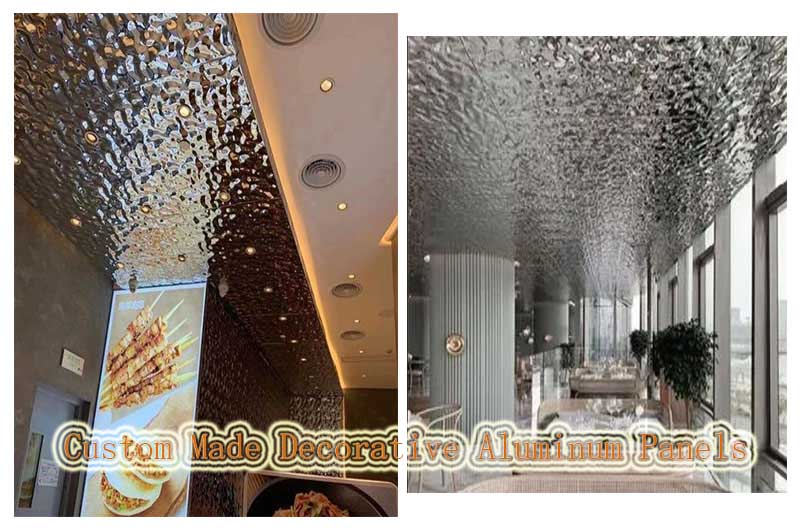
When considering decorative aluminum panels, it is important to assess the specific requirements of your project and consult with a supplier or manufacturer to find the most suitable options in terms of finishes, patterns, sizes and customization capabilities.
Typical Decorative Aluminum Sheet
Decorative Aluminum Diamond Plate Sheets
- Common Uses: Used for decorative purposes in applications such as wall panels, floors, truck beds, tool boxes, and kick panels.
- Alloy: Usually made of 3003 or 6061 aluminum alloy.
- Status: generally H22 or H24 status.
- Gauge: Common thicknesses range from 0.025 to 0.25 inches. Embossed rhombus pattern on face.
- Finish: Usually satin finished or can be painted for added aesthetic appeal.
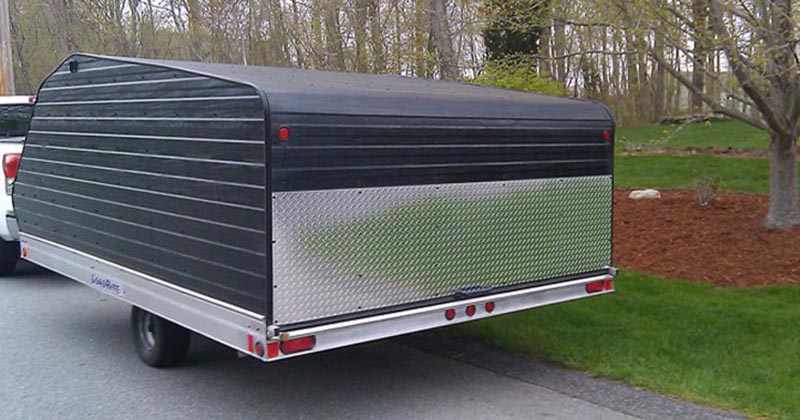
Decorative Perforated Aluminum Sheet
- Common uses: For architectural applications, building facades, interior design elements, ventilation panels, decorative partitions and sun visors.
- Alloy: generally made of 3003 aluminum alloy.
- Status: Usually in H14 status.
- Specifications: Various thicknesses and pass types are available. Hole size and spacing can be customized.
- Finish: Usually satin finish or can be anodized for added durability and aesthetics.
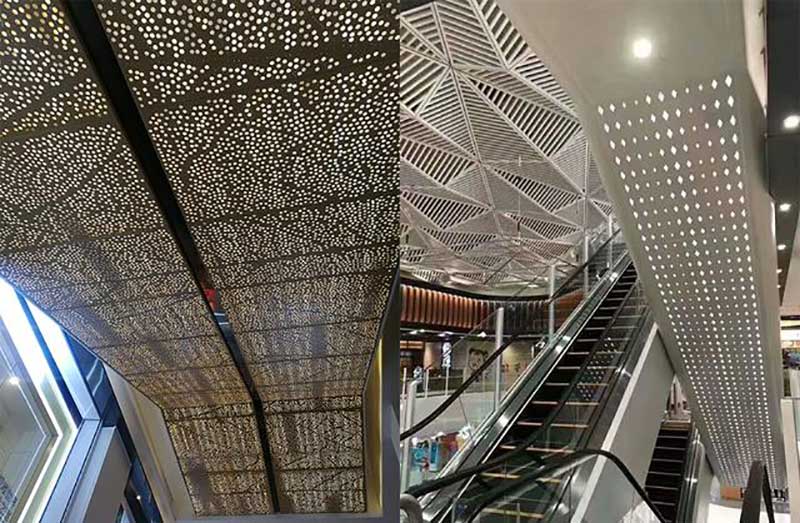
Decorative Punched Metal Panels
- COMMON USES: For architectural projects, interior and exterior design, decorative screens, fencing, balustrade panels, and signage.
- Alloys: Available in various aluminum alloys such as 3003 or 5052.
- Status: Depending on the application, the panels can be in different statuses, such as H14 or H32.
- Specifications: Panels are stamped with decorative motifs or designs, which vary in size and complexity.
- Finish: Typically has a satin finish, but can also be painted or powder coated for enhanced aesthetics.
Decorative Metal Sheets 4x8
- COMMON USES: Widely used in architecture and interior design, wall cladding, ceilings, decorative elements and DIY projects.
- Alloys: Various aluminum alloys can be used such as 3003 or 5052.
- Condition: Depending on the application, the panels can be in different conditions, such as H14 or H32.
- SPECIFICATIONS: Available in standard 4x8ft (1220mm x 2440mm) size with various thickness options.
- Finish: Usually has a satin finish or can be painted/painted for the desired aesthetic.
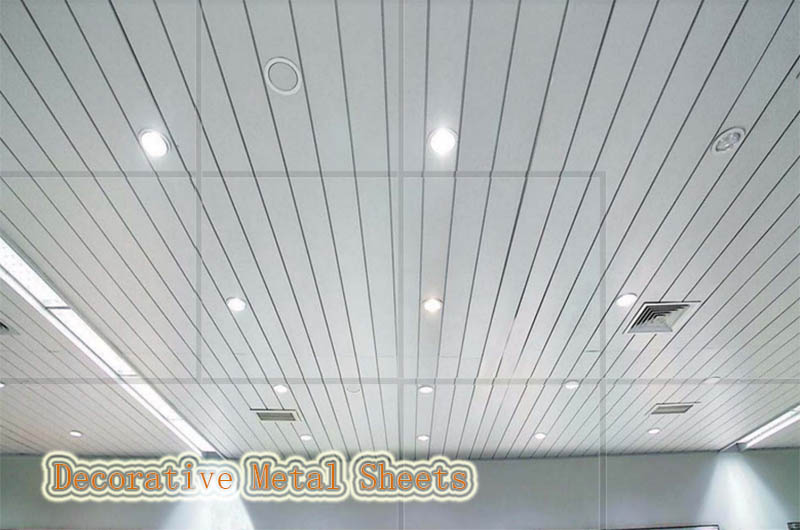
24 In X 36 In Aluminum Decorative Sheet Metal
- COMMON USES: For smaller scale decorative applications, craft projects, hobbyist work, and signage.
- Alloy: generally made of 3003 aluminum alloy.
- Status: Usually in H14 status.
- Specifications: Measures 24" x 36" (610mm x 914mm) and comes in a variety of thicknesses.
- Finish: Typically satin finished, or can be coated/painted for desired aesthetics.
Cast Aluminum Decorative Panels
- Common Uses: For architectural projects, building facades, decorative accents, art installations, and outdoor decorative elements.
- Alloys: Cast aluminum panels can be made from various aluminum alloys such as A356 or 6061.
- Condition: The exact condition will vary depending on the alloy used and the casting process.
- Specifications: Cast slabs can be customized in size, shape and design.
- Finish: Cast panels may have a textured or patina finish, or may be powder coated or painted for added aesthetics.
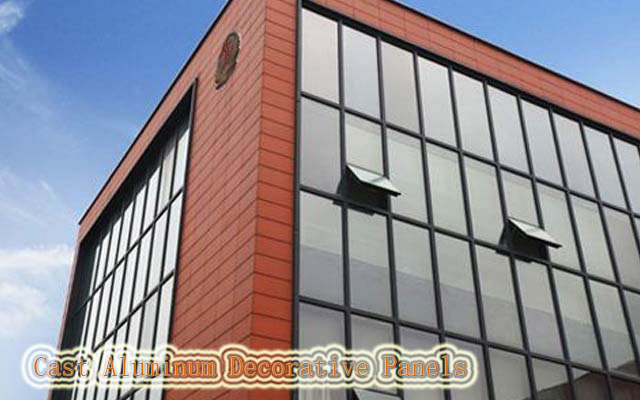
It is important to note that alloys, tempers, specifications, finishes and common uses may vary by manufacturer, supplier and specific project requirements. It is recommended to consult the manufacturer or supplier to determine the exact specifications and properties of the decorative aluminum item you are interested in.
Decorative Aluminum Plate Applications
Decorative Metal Sheets for Cabinets
Decorative Metal Sheets for Cabinets are used as decorative inserts for cabinet doors, providing a sleek and modern look
- Alloys: Trim sheet metal for cabinets is often made from alloys such as 3003 or 5052.
- Status: generally H14 or H32 status.
- Specifications: Thickness can vary depending on cabinet design, typically between 0.6mm and 1.5mm.
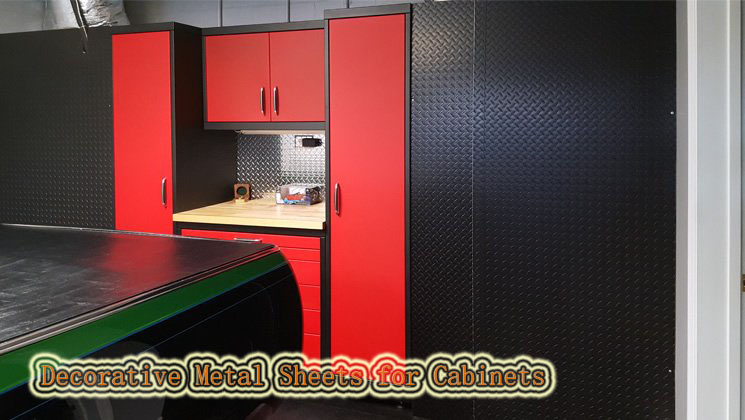
Aluminum Cladding Wall
Aluminum Cladding Wall is used as exterior cladding of buildings to provide protection and enhance aesthetics.
- Alloy: Usually made of aluminum alloys such as 3003 or 5052.
- Status: Usually in H14 or H32 status.
- Specifications: Thickness may vary depending on project requirements, but typically ranges from 1.5mm to 4mm.
Decorative Aluminum Doors
Decorative Aluminum Doors are used as entry doors or interior doors to add a decorative and modern touch to buildings and homes.
- Alloy: Aluminum trim doors are usually made from alloys such as 6063 or 5052.
- Status: Generally in T5 or T6 temper.
- Specifications: Door size and thickness may vary depending on specific application and design.
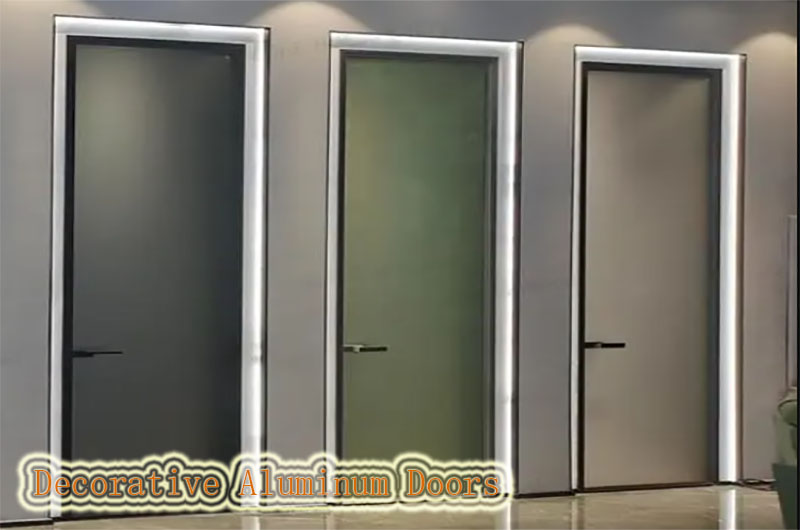
Aluminum Decorative Wall Panels
Decorative Aluminum Wall Panels are used for interior and exterior wall paneling to add decorative elements and architectural features to spaces.
- Alloy: Aluminum trim siding is usually made from alloys such as 3003 or 5052.
- Status: generally H14 or H32 status.
- Specifications: Thickness may vary by design and application, but is typically between 1.5mm and 4mm.
Aluminum Fence Panels
Aluminum Fence Panels are used in fencing applications in residential, commercial or industrial settings to provide security and enhance the appearance of a property.
- Alloy: Usually made of aluminum alloys such as 6061 or 6063.
- Status: Typical temper at T6.
- Specifications: Thickness and dimensions may vary depending on specific fencing requirements.
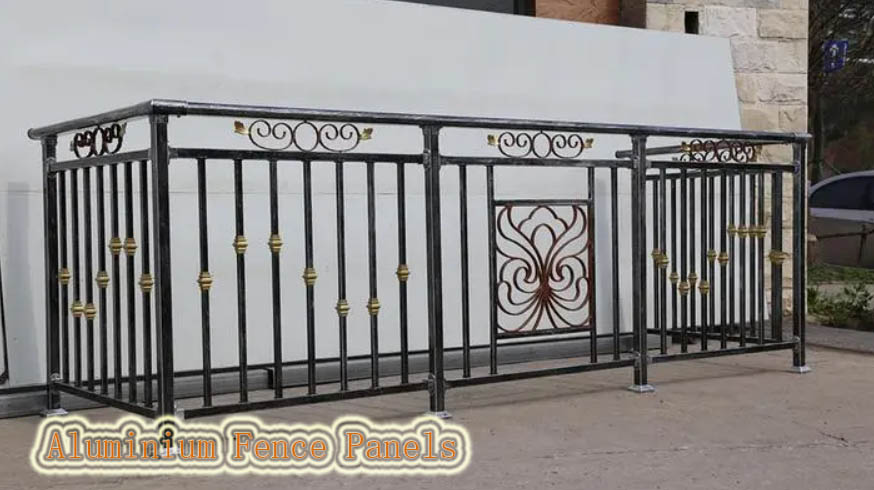
Decorative Aluminum Screen Doors
Decorative Aluminum Screen Doors are used as screen doors in entry or courtyard areas to allow air circulation while providing security and decorative functions.
- Alloy: Aluminum screen doors are often made from alloys such as 6063 or 3003.
- Status: Generally in T5 or T6 temper.
- Specifications: Dimensions and thickness may vary by design and application.
Decorative Aluminum Sheet Panels
Decorative Aluminum Sheet Panels are used for decorative purposes in interior design, wall panels, signage and architectural decoration
- Alloy: Aluminum veneer for decoration is usually made of alloys such as 3003 or 5052.
- Status: Usually in H14 or H32 status.
- Specifications: Thickness can vary depending on design and application, from 1.5mm to 4mm.
- Surface treatment: Various surface treatments are available, such as sanding, anodizing or coating/painting.

